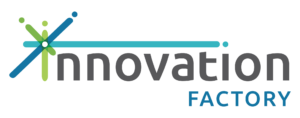By Geordie Stewart
Geordie is a research scientist, entrepreneur and investor keen on working at the interface of science, economics and commercialization.
 When we think ‘innovation’ we tend to think in terms of advances in technology. But innovation, of course, is a broad concept that extends beyond technological R&D. It applies to all manners of enterprise. Distilled down to its core, it is really about finding new ways of doing things better. While the value of innovation may be readily apparent in tech-focused arenas, it tends to be less celebrated in the world of finance, at least by those of us on the outside. This industry is one of constant change, the implications of which have vast effects on global markets. As a result, it also thrives, indeed relies, on continued innovation.
When we think ‘innovation’ we tend to think in terms of advances in technology. But innovation, of course, is a broad concept that extends beyond technological R&D. It applies to all manners of enterprise. Distilled down to its core, it is really about finding new ways of doing things better. While the value of innovation may be readily apparent in tech-focused arenas, it tends to be less celebrated in the world of finance, at least by those of us on the outside. This industry is one of constant change, the implications of which have vast effects on global markets. As a result, it also thrives, indeed relies, on continued innovation.
Consider the emergence of crowdfunding in recent years. This novel approach to financing startups not only creates new funding streams for companies to access but also provides a means by which the average person can become an investor. Platforms like Kickstarter and Indiegogo cultivate direct connections between companies and their would-be financiers, mobilizing capital that would not previously have found its way into the hands of aspiring entrepreneurs. These initiatives are grass roots and inclusive – a far cry from the closed-door backroom meetings of venture capitalists. Love them or hate them, crowdfunding sites have changed the way startups think about financing.
Financial innovation comes in many forms and at all levels of industry. Amidst the calamity of the 2008-2009 market collapse, Horizons, a Canadian startup offering innovative financial products, emerged as a major player in the investment space. The firm, founded in 2005, was instrumental in popularizing ETFs, or Exchange Traded Funds, in Canada. A decade later, the Horizons family of ETFs has grown to be one of the largest in the country, with significant presence on the international stage.
Innovation Factory is fortunate to be hosting one of the company’s principal founders and former CEO, Adam Felesky, at its upcoming Lunch ‘n Learn speaker series, where he will candidly discuss his experiences building a thriving company in a volatile and ever-evolving marketplace.
Briefly, ETFs are baskets of securities (stocks, bonds, commodities etc) that are traded like stocks. They offer a unique combination of diversification and liquidity at low cost and, as such, are accessible to investors of all sizes. Perhaps most importantly, these financial vehicles are exceptionally transparent and permit users to play an active role in managing their investments. In the climate of distrust that resulted from the 2008 financial crisis, ETFs were a welcome tool for investors wary of the typical Wall Street fare. As a result, their popularity has risen exponentially across the globe.
While the rise of an international financial firm may seem far removed from the entrepreneurial trenches, the story of Horizions ETF has all the hallmarks of a startup success story. Its founders recognized an unmet market need and the opportunity to provide the solution. The company’s success stemmed from proactive innovation, not just with respect to early adoption of the ETF model, but also in the level of creativity applied in designing these tools. The end goal: to create an investment product that inspired customer confidence and enabled people to put their money to use.
This tale is relevant to the startup community not only as an example of entrepreneurial success, but also as a demonstration of the role innovation can play in mobilizing finances. The confluence of technology, market complexity and need for financial reform has spurred creative efforts to find new ways of handling money and putting it to use: we have companies like Bitcoin seeking to change the medium; there are new financial vehicles being developed that seek to fund anything from clinical trials to space exploration to artisans; and there are even murmurs of firms developing mutual funds and ETFs that will cater specifically to IPOs and provide liquidity to startups. Such enterprises may be key elements to sustaining robust startup communities by meeting their capital needs. Innovation financing innovation. Everyone can get behind that.
Innovation Factory’s Lunch ‘n Learn featuring Adam Felesky of Horizons is April 21. Register here if you haven’t done so yet – Felesky’s candid talk on successfully founding a financial startup is a can’t-miss!






